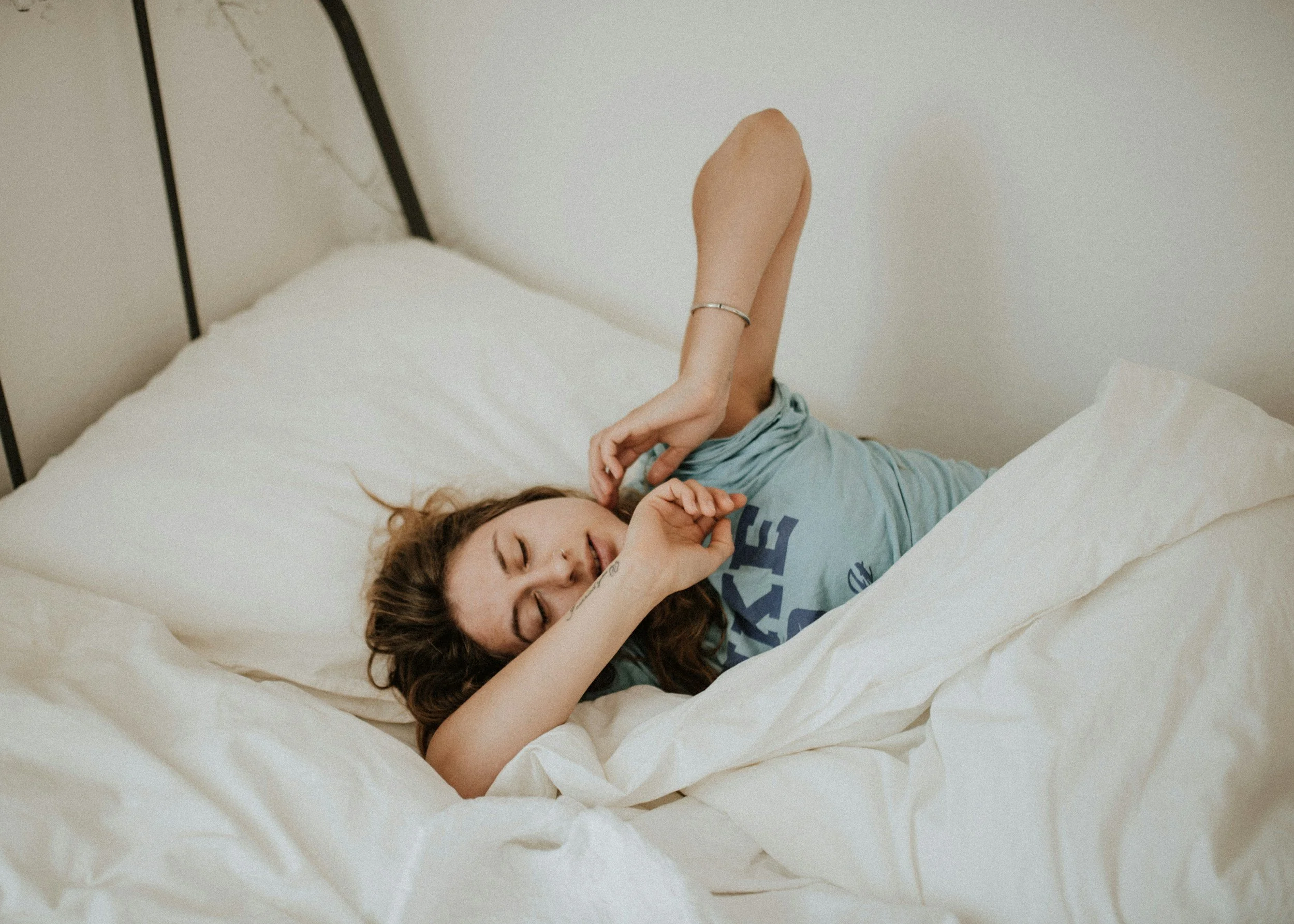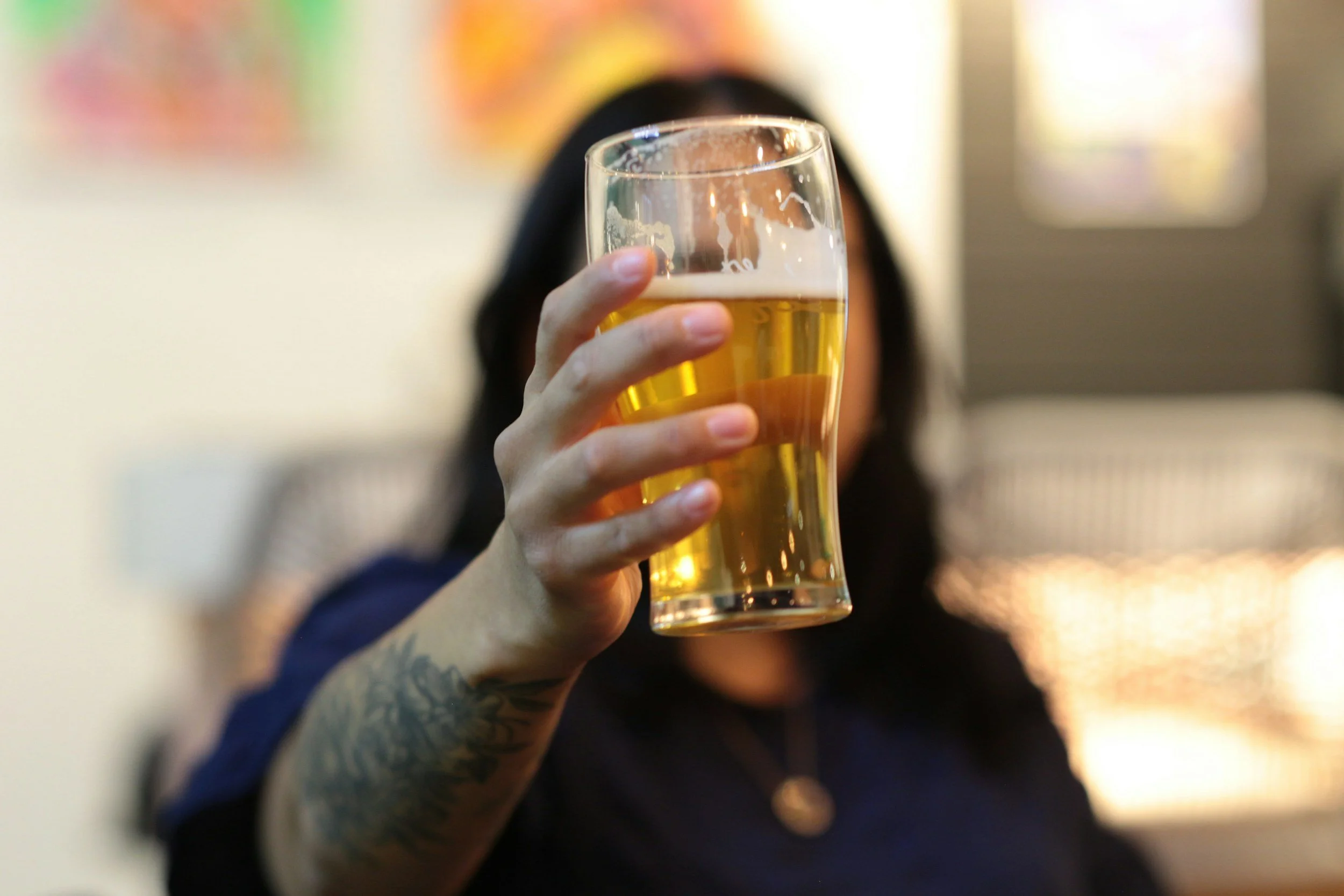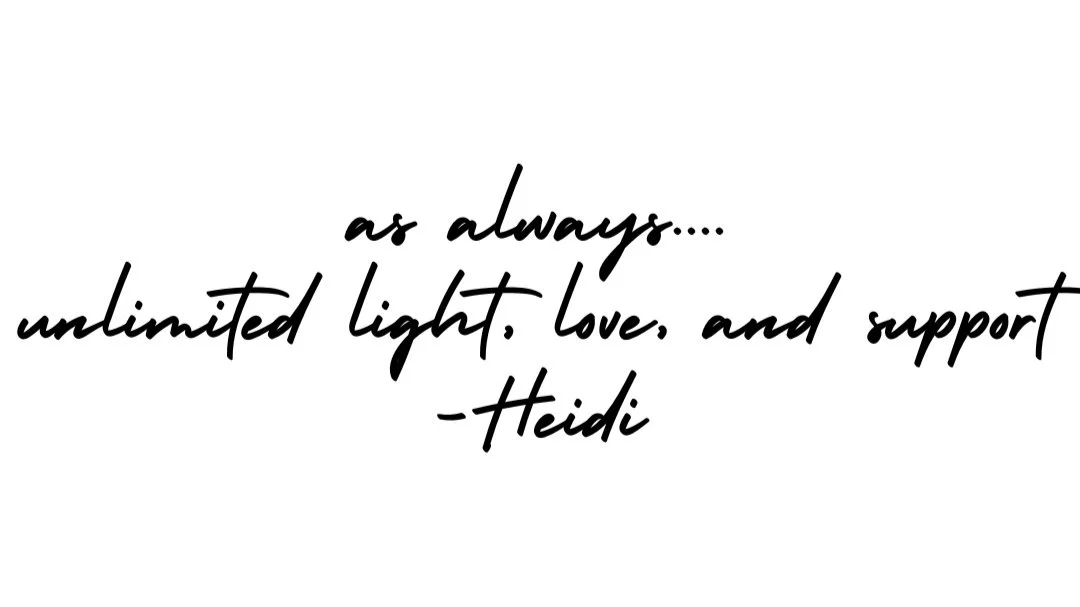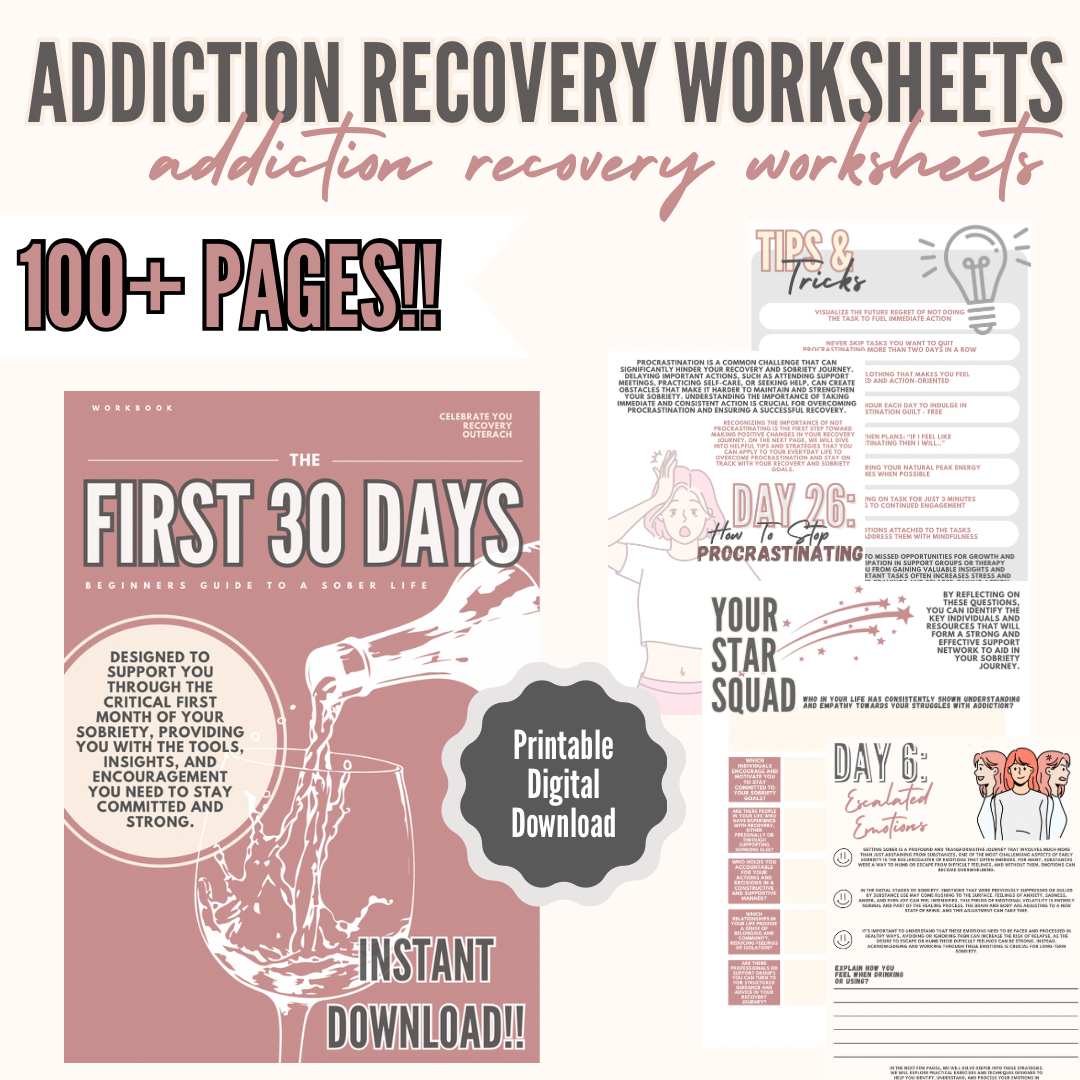Alcohol-Induced Anxiety
For anyone who’s struggled with drinking, alcohol-induced anxiety—or as some call it, "hangxiety"—is a feeling that lingers long after the drinks stop flowing.
It’s that dreadful sensation of waking up the morning after and feeling an immediate sense of regret or panic. I know it all too well.
I’d wake up, heart pounding, mind racing, trying to piece together what I did, what I said, and most importantly, what the consequences might be. There was never a time I drank where some form of conflict or consequence didn’t follow.
But, I convinced myself that what I was doing, was no different from anyone else. I’d look around at my friends or people at social gatherings and tell myself, they're drinking too, it’s normal. I believed, deep down, that my drinking was under control because other people were doing it. I was wrong.
What is Alcohol-Induced Anxiety?
Alcohol-induced anxiety is that nagging feeling of panic and worry that creeps in during or after drinking. It’s a mix of both the physical effects of alcohol and the mental stress that comes from regrettable behaviors.
Alcohol is a depressant that affects the brain’s neurotransmitters. When you drink, it initially suppresses your nervous system, making you feel relaxed, but once the effects wear off, your body and brain work to compensate for that suppression, which often results in heightened anxiety.
Essentially, alcohol messes with your brain chemistry, leading to a rollercoaster of emotions, and if you’re like me, those emotions tend to take a sharp nosedive the next day.
In my case, alcohol-induced anxiety wasn’t just about the chemical aftermath. It was also about trying to hide my drinking. The anxiety started while I was still drinking—wondering if people noticed I had too many drinks or if I was acting out of character. If I was social drinking, I’d replay every interaction in my mind, stressing over what I might have said or done. It became a vicious cycle of drinking, anxiety, regret, and then drinking again to cover it all up.
Why Does It Happen?
Alcohol-induced anxiety is a product of both physiological and psychological factors:
Brain Chemistry Imbalance: Alcohol messes with the levels of neurotransmitters in your brain, especially GABA (which makes you feel relaxed) and glutamate (which increases anxiety). When you stop drinking, your brain overcompensates by producing too much glutamate, leaving you feeling jittery and on edge.
Dehydration and Poor Sleep: Alcohol dehydrates your body and disrupts your sleep patterns. This physical stress can amplify feelings of anxiety and make it harder for you to process emotions rationally.
Regret and Shame: The psychological aspect of alcohol-induced anxiety often comes from replaying the night before and cringing at your actions or words. Whether it’s doing something embarrassing, starting a fight, or just feeling out of control, the shame spirals out of control when you’re hungover.
Trying to Hide the Problem: In my own experience, my anxiety came from knowing that I was hiding something. I wasn’t being honest with myself or others about my drinking, and that constant weight of keeping things under wraps created even more stress.
My Experience With Alcohol-Induced Anxiety
Every time I drank, I felt it. The morning after, I would wake up with immediate regret. Regret for my behaviors, for the drinking itself, and for the inevitable conflict or consequence that followed. I can’t count how many times I’d say to myself, other people can drink—what I’m doing is no different than anyone else. But it was different because my drinking was causing damage to my relationships, my peace of mind, and most of all, to myself.
The truth is, I wasn’t the same person when I was drinking. I’d wake up in a panic, trying to remember if I said something that would upset someone or if I’d done something I wouldn’t normally do. The worst part was that it happened every single time. I could never drink without the anxiety crashing down on me the next day. It became so predictable that I started to fear the mornings more than the nights.
The only solution to ending that constant state of anxiety was to stop drinking. And I’m not going to sugarcoat it—deciding to stop was hard. But, nothing compares to the relief of knowing that I’m no longer waking up in fear, wondering what damage I’d done or what consequences were waiting for me.
How to Alleviate Alcohol-Induced Anxiety
If you’ve experienced this, you know how miserable it can be. But here are a few tips that can help:
Reduce or Eliminate Drinking: This may sound like an obvious solution, but it’s the most effective. The best way to eliminate alcohol-induced anxiety is to eliminate alcohol from your life. If you’re not ready to quit completely, try cutting back and see how your anxiety changes.
Hydrate and Rest: Alcohol dehydrates you, and dehydration worsens anxiety. Drink plenty of water before, during, and after drinking, and try to get a good night’s sleep to help your body recover.
Mindfulness and Deep Breathing: If you’re in the grips of anxiety, practice deep breathing exercises to calm your nervous system. Mindfulness techniques can help ground you and shift your focus away from the anxious thoughts.
Limit Caffeine: After a night of drinking, it’s tempting to reach for coffee to shake off the sluggishness, but caffeine can increase feelings of anxiety. Try decaffeinated tea or water instead.
Talk About It: Don’t keep your fears or anxieties to yourself. Talk to someone you trust—whether it’s a friend, family member, or therapist. Sometimes just sharing your worries can help alleviate the burden.
Remember That It’s Temporary: The anxiety you feel after drinking can feel overwhelming, but it’s important to remember that it will pass. Take it hour by hour and know that the panic won’t last forever.
There’s No Better Feeling Than Control
For me, the greatest feeling has been regaining control over my life. The anxiety that came with drinking was a shit storm that I could never escape, no matter how hard I tried. But once I stopped drinking, that storm passed.
There’s no better feeling than waking up clear-headed, with nothing to regret and no panic in sight. It’s a feeling I hold onto every day, and it’s what keeps me on the path of sobriety.
If you’re someone who struggles with alcohol-induced anxiety, know that you’re not alone. And know that there’s a way out. It won’t be easy, but trust me when I say, it’s worth it! The best way to avoid alcohol-induced anxiety is to take control of your drinking—or to let it go altogether. Life on the other side is more peaceful, more predictable, and most of all, free from the panic that used to rule my mornings.
I’d love to hear from you! Have you ever experienced alcohol-induced anxiety, or as we call it, "hangxiety"? How do you cope with the regret and worry that often comes after a night of drinking? Share your thoughts or experiences in the comments below and join the conversation. We all learn and grow by sharing our stories, and you never know who you might help just by being open.
If you’re thinking about giving up drinking and saying goodbye to that dreaded anxiety for good, we offer tools to help you along the way. I totally understand the challenges of breaking up with alcohol—especially in the beginning, when you might be battling doubts, cravings, or fear of change.
That’s why I offer 1:1 virtual mentoring to assist you with your journey, whether it’s for guidance, support, or accountability.
Let’s get started! Click the link below to set up your free discovery call with me, and let’s map out a personalized plan to tackle your relationship with alcohol.
Additionally, I’m excited to share a resource that can be a true game-changer: our 120-page " The First 30 Days" digital download worksheet bundle. This bundle is designed to help you every step of the way in your first month of sobriety, providing you with invaluable tools, daily exercises, and advice I’ve compiled from my own journey. It’s a combination of everything I know and everything I wish I had in the beginning of my own sobriety. The early days are the hardest, but you don’t have to do it alone.








